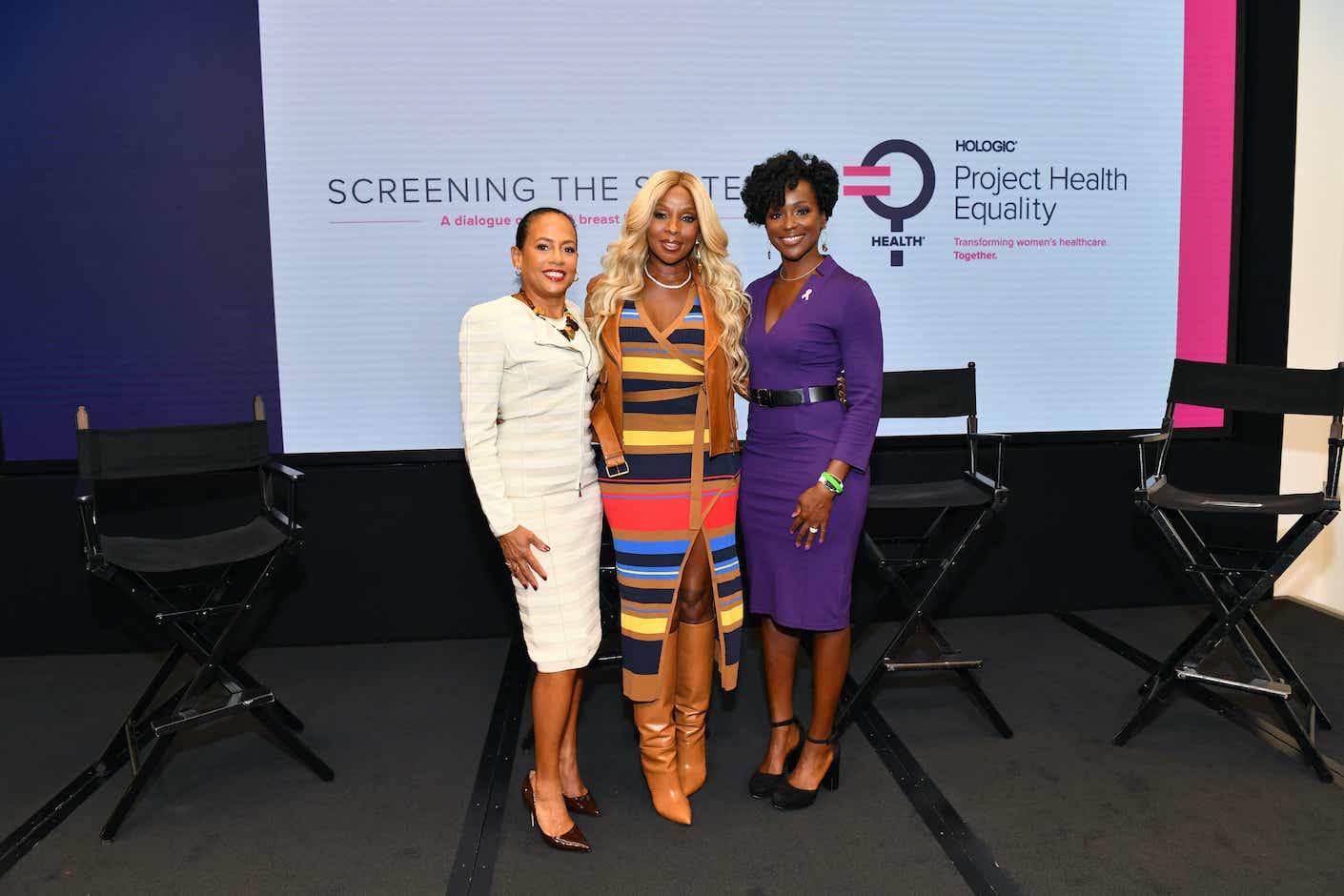When it comes to the way that disparities in the healthcare system impact Black women, the numbers are startling. But they tell only half the story.
- Breast cancer? The mortality rate for Black women is 40% higher than for white women.
- Issues related to uterine fibroids? Black women are three times as likely to be hospitalized compared to white women, and 2.4 times more likely to undergo a hysterectomy.
- Cervical cancer? Black women’s incidence rate is 14% higher, and Black women are two times more likely to die from it than white women.
Why these disparities exist is rooted in historical and systemic racism, and because of it, Black Americans face unique hurdles when it comes to healthcare. There’s ample evidence that the issue of structural and implicit racism in the healthcare system means people of color often have less convenient and affordable access to care. Many justifiably mistrust the healthcare system based on past individual, historical, and community experiences.
There are also disease-specific factors that play into these disparities. Studies show that Black women are less likely to be screened for breast cancer with 3D mammography systems, even though the technology has proven to be superior for women with dense breasts, which Black women often have.
Overcoming centuries of racism, bias, and other forms of discrimination may seem impossible, but there are dedicated individuals tirelessly working to improve health outcomes for Black women everywhere.
Luckily, our history does not have to be our future. As we look forward, we’re working to change the behavior of healthcare providers and the course of Black women’s health outcomes. If we succeed, then every February during Black History Month, we’ll be able to say we’ve closed the gap further and further. For now, we’re celebrating those who are in the midst of that fight.
Two women, two approaches, one goal
As a specialist in breast health and chair of the department of radiology at Jackson Park Hospital on Chicago’s South Side, physician Arlene Richardson has an insider’s view of the uphill battle so many women of color face in accessing high-quality healthcare. Her hospital, where 70 percent of patients are Black, has limited resources. It can’t, for example, afford the type of high-quality 3D mammogram systems its patient population needs.
So when Richardson heard that a new initiative called Project Health Equality — spearheaded by women’s health company Hologic — was providing support (such as donating 3D mammography systems to low-income community hospitals and clinics free of charge, and helping patients navigate the healthcare system), she saw an opportunity for her community. She sprang into action and secured one of the state-of-the-art systems for Jackson Park and its patients.
Addressing the issue from another angle is Linda Goler Blount, President and CEO of the Black Women’s Health Imperative, a national nonprofit organization created by Black women to advocate for optimal health and wellness for Black women. Her organization is among the corporate and nonprofit partners that came together last summer to create and support Project Health Equality, which she notes, “is the kind of public/private partnership we need more of if we are to ever truly close the gaps in care.”
Goler Blount, who has fiercely advocated for improving women’s health for more than 25 years, says educating Black women about their health remains critical but isn’t enough on its own. That’s why she and her organization are so involved with Project Health Equality, which combines education and awareness, culturally relevant research and evidence-based policies and practices to deliver high-quality clinical care.
While Dr. Richardson’s and Goler Blount’s work is far from over, the two have already made a tangible difference. At Jackson Park Hospital, notes Dr. Richardson, “Since we received the new 3D mammography system, there’s been a 20-30 percent increase in breast cancer screenings overall, and we expect to see many lives saved because we’re anticipating a 50 percent increase before year-end.”
In fact, each year during Breast Cancer Awareness Month, the hospital offers free mammograms to qualifying uninsured and underinsured women in the area. This year, after the addition of the new equipment, the hospital screened nearly 120 patients in the month of October alone.
Goler Blount believes that advancing healthcare options for Black women, at Jackson Park and elsewhere, will have positive impacts on us all: “Disparities in healthcare do not exist because of biology or genetics but are due to the bias ingrained into our health systems. They must be addressed by organizations, companies, and others across the healthcare ecosystem committed to changing the behaviors that have perpetuated them. When they are, Black women will benefit, of course. But so will everyone else.”









